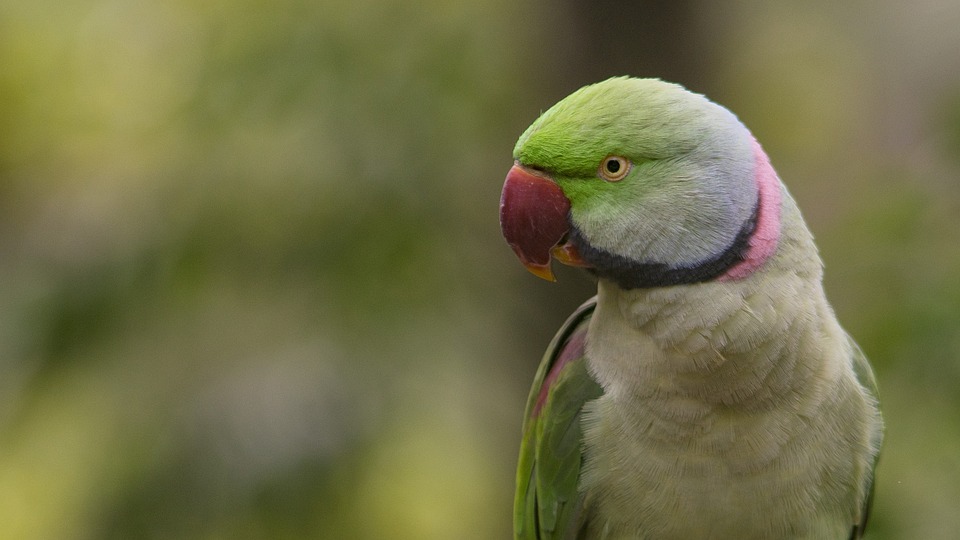Owning a parrot can be a rewarding experience, but it also comes with responsibilities. A happy and content parrot is a healthy parrot, and understanding their behavior is crucial in ensuring their well-being. By recognizing the signs of a happy parrot, you can provide them with the care and attention they need.
One of the primary ways to gauge a parrot’s emotional state is by observing their body language and vocalizations. A happy parrot will have clean, well-groomed feathers. Regular preening is a sign of contentment, while ruffled or plucked feathers may indicate stress or illness. Additionally, a relaxed posture with feathers held close to the body is a clear indication of a happy parrot.
Playfulness is another sign of a content parrot. Engaging in playful activities such as interacting with toys, swinging from perches, or performing acrobatics shows that your parrot is mentally stimulated and enjoying their environment. Vocalizations are also important indicators. Happy parrots will vocalize in various ways, including chirping, whistling, talking, and mimicking sounds. Pleasant vocalizations during interactions with their human companions are signs of a happy parrot.
Parrots are highly social animals, and their interactions with humans and other parrots can reveal a lot about their emotional well-being. A happy parrot will display a friendly and approachable demeanor. They may lean towards you, initiate contact, and show interest in your activities. Parrots that are bonded with their owners may engage in behaviors such as regurgitating food, preening their hair or clothing, or snuggling against them.
If you have multiple parrots, their interactions can also provide insights into their level of contentment. Happy parrots will engage in mutual grooming, play together, and exhibit non-aggressive behaviors. On the other hand, constant aggression, feather plucking, or excessive screaming may indicate underlying issues that need to be addressed.
Here are some frequently asked questions about parrot behavior:
– **Q: How long does it take for a parrot to adjust to a new environment?** The adjustment period for a parrot varies from bird to bird. It can take anywhere from a few days to several weeks for them to acclimate to a new environment. Providing a consistent routine, a safe space, and plenty of positive interactions can speed up the adjustment process.
– **Q: Can parrots get depressed?** Yes, parrots can experience depression. Changes in their environment, lack of mental stimulation, or a loss of a companion can contribute to their emotional well-being. If you notice signs of depression in your parrot, such as loss of appetite, lethargy, or excessive screaming, consult an avian veterinarian or an avian behaviorist.
– **Q: Are parrots naturally noisy?** Parrots are vocal creatures by nature, and vocalizations are a part of their normal behavior. However, excessive noise may indicate underlying issues such as boredom, stress, or lack of stimulation. Providing mental enrichment, engaging in training sessions, and maintaining a consistent routine can help reduce excessive noise.
By understanding the signs of a happy and content parrot, you can provide them with the care and attention they need to thrive. Remember to provide mental and physical stimulation, a balanced diet, and plenty of social interactions to promote their overall well-being. Your parrot’s happiness and well-being should always be a top priority as a responsible parrot owner.









